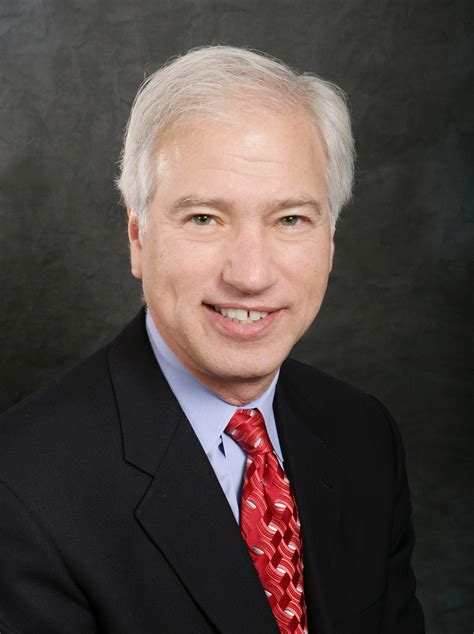A Quote by Barack Obama
If you're really concerned about deficits, you cannot take seriously a budget that would give $30 billion a year worth of tax cuts to not just the top 1 percent but the top 0.1 percent.
Related Quotes
We certainly could have voted on making the middle-class tax cuts and tax cuts for working families permanent had the Republicans not insisted that the only way they would support those tax breaks is if we also added $700 billion to the deficit to give tax breaks to the wealthiest 2 percent of Americans. That's what was really disturbing.
Regarding the Economy & Taxation: America's most successful achievers do pay a higher share of the total tax burden. The top one percent income earners paid 18 percent of the total tax burden in 1981, and paid 25 percent in 1991. The bottom 50 percent of income earners paid only 8 percent of the total tax burden, and paid only 5 percent in 1991. History shows that tax cuts have always resulted in improved economic growth producing more tax revenue in the treasury.
If top marginal income tax rates are set too high, they discourage productive economic activity. In the limit, a top marginal income tax rate of 100 percent would mean that taxpayers would gain nothing from working harder or investing more. In contrast, a higher top marginal rate on consumption would actually encourage savings and investment. A top marginal consumption tax rate of 100 percent would simply mean that if a wealthy family spent an extra dollar, it would also owe an additional dollar of tax.
For the three decades after WWII, incomes grew at about 3 percent a year for people up and down the income ladder, but since then most income growth has occurred among the top quintile. And among that group, most of the income growth has occurred among the top 5 percent. The pattern repeats itself all the way up. Most of the growth among the top 5 percent has been among the top 1 percent, and most of the growth among that group has been among the top one-tenth of one percent.
The world is likely to view any temporary extension of the income tax cuts for the top two percent as a prelude to a long-term or permanent extension, and that would hurt economic recovery as well by undermining confidence that we're prepared to make a commitment today to bring down our future deficits.
This is a very important issue that the corporate media chooses not to talk about a whole lot, that we have an economic system which is rigged, which means that at the same time as the middle class of this country is disappearing, almost all of the new income and wealth in America is going to the top 1 percent. You have the top one-tenth of 1 percent owning almost as much wealth as the bottom 90 percent - 58 percent of all new income is going to the top 1 percent.
In 1985, the top five percent of the households - the wealthiest five percent - had net worth of $8 trillion - which is a lot. Today, after serial bubble after serial bubble, the top five per cent have net worth of $40 trillion. The top five percent have gained more wealth than the whole human race had created prior to 1980.
10 years ago [in 2006], nearly 90 percent of those albums sold enough in that year to reach Gold status. 10 years later, about 30 percent were eligible. With the new rules, we figure about 40 percent of the top 200 best-sellers for the year will be eligible. We were very cautious in our approach to changing how we calculate what is eligible because the integrity of the process is our foremost consideration. It's difficult to get certified sales awards, and it's a big deal and we didn't want there to be a huge change in how many would be eligible.
What democratic socialism is about is saying that it is immoral and wrong that the top one-tenth of 1 percent in this country own almost 90 percent - almost - own almost as much wealth as the bottom 90 percent. That it is wrong, today, in a rigged economy, that 57 percent of all new income is going to the top 1 percent. That when you look around the world, you see every other major country providing health care to all people as a right, except the United States.































